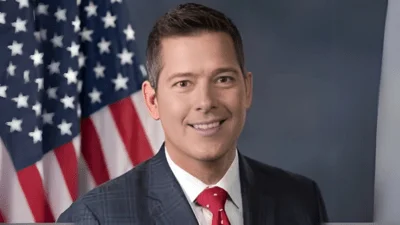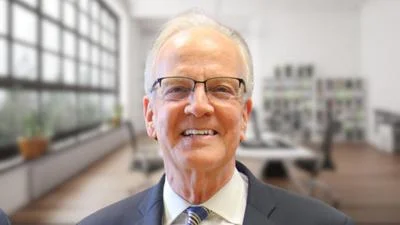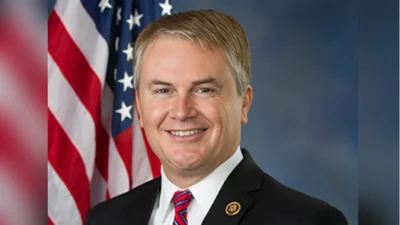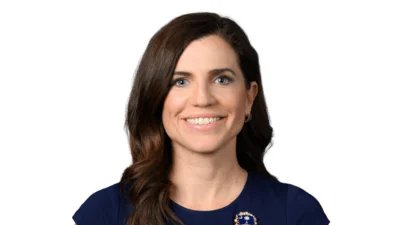While we have a reasonable bill before us given the allocation, unfortunately there is a dark cloud looming over the committee.
Thank you, Mr. Chairman.
I had the pleasure of serving on this subcommittee when it was led by Chairman Rogers, Chairman Price, and Chairman Aderholt, and I want to thank Chairman Carter for continuing their even-handed approach, especially for important grant programs. This bill is about $35 million below the request, which was inadequate in some areas, and will probably need more to meet all these programs' goals.
So while we have a reasonable bill before us given the allocation, unfortunately there is a dark cloud looming over the committee. The House Majority passed a budget resolution with an unworkable 302(a) allocation that is $92 billion below the President's request and the Senate's level. But like the MilCon/VA bill, the Homeland Security bill seems to assume the problem of sequestration is miraculously addressed and provided an allocation close to the Administration's request. We still have ten bills to consider - at this rate there won't be adequate funding left for education, medical research, transportation infrastructure, energy development, and other priorities to help grow our economy.
I want to share in Chairman Rogers' optimism that a larger agreement can be reached to provide the committee a more reasonable allocation. But that's difficult when Republicans refuse to conference the budget resolution so that we can settle an overall allocation and ultimately avoid another continuing resolution.
Turning to today's bill, I thank the Chairman and Ranking Member for several priorities:
• Providing $1.5 billion for FEMA State and Local Grants, which were underfunded in the request, and prioritizing high risk areas;
• Continuing the Securing the Cities program to prevent radiological or nuclear attacks;
• Making needed investments in cybersecurity; and
• Including language related to sexual assault in the Coast Guard, which has become a significant and outrageous problem in the military.
In closing, I reiterate my appreciation for the Chairman's efforts. We are close on this bill and, as long as we don't add any "poison pill" riders in full committee or on the floor, there is a reasonable chance this bill could be enacted this year. I know the Chairman shares my hope that our agencies tasked with these vital security functions get a responsible funding level on time.
Thank you, Mr. Chairman.
Source: U.S. Department of HCA









